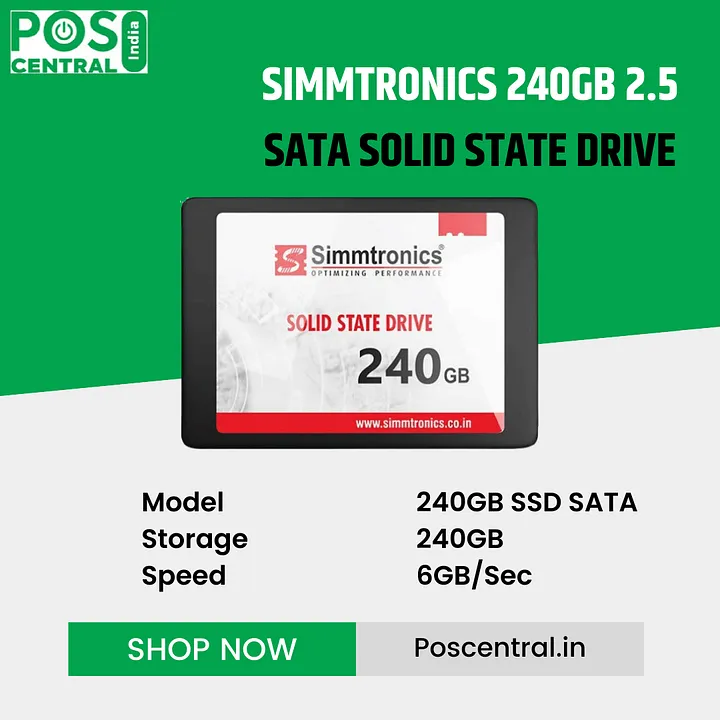How to Protect Your Data with External Hard Drives and SSDs
With the increasing amount of personal data we store on our devices, it has become essential to take measures to protect it. While cloud storage and online backups are convenient, they can come with certain security risks. External hard drives and solid-state drives (SSDs) offer an alternative solution that provides a higher level of control over your data and better security. In this article, we will guide you on how to protect your data with external hard drives and SSDs.
Understanding External Hard Drives and SSDs
External Hard Disks and SSDs are portable storage devices that can be connected to your computer via USB, Thunderbolt, or other interfaces. These are available in various sizes and capacities, ranging from a few gigabytes to multiple terabytes. While external hard drives use spinning disks to store data, SSDs use flash memory, making them faster and more reliable.

Benefits of Using External Hard Drives and SSDs
- Portability: They are small and lightweight, making them easy to carry around.
- Convenience: You can store large amounts of data on external storage devices, freeing up space on your computer.
- Security: These devices provide better security than cloud storage, as you have complete control over your data.
Secure Your Files with External Hard Drives and SSDs: Tips for Data Protection
Here are some tips to protect your data with external hard drives and SSDs:
- Choose a High-Quality External Storage Device: When selecting an external storage device, look for one that is durable, reliable, and has high read and write speeds. A high-quality device will provide better protection for your data and last longer.
- Backup Your Data Regularly: One of the most critical aspects of data protection is regular backups. They provide a seamless and convenient way to back up your data. Set up a backup schedule that suits your needs, and ensure you stick to it.
- Encrypt Your Data: To safeguard your data from unauthorized access, encrypting it is an efficient method. Most external hard drives and SSDs come with built-in encryption features that allow you to encrypt your data with a password.
- Keep Your External Storage Device Secure: They can be lost or stolen, so keeping them secure is essential. When not in use, store them in a safe place and password-protect them.
- Use Antivirus Software: External storage devices can become infected with malware and viruses, which can compromise your data. Install antivirus software on your computer and scan your external storage devices regularly.
- Avoid Public Wi-Fi Networks: Avoid using public Wi-Fi networks when transferring data between your computer and external storage devices. These networks can be easily compromised, and your data can be intercepted.
Conclusion
External Hard Disks and SSDs provide a reliable and convenient way to protect your data. By following the tips we have outlined in this article, you can ensure that your data remains secure and protected from unauthorized access. Remember to choose a high-quality external storage device, back up your data regularly, encrypt your data, keep your device secure, use antivirus software, and avoid public Wi-Fi networks. When you Buy SSD Online in India, read reviews and compare prices to ensure you get the best deal.
FAQs
- Q. Can I use an external hard drive with multiple devices?
- A. Yes, you can use an external hard drive with multiple devices, as long as they support the same interface (such as USB).
- Q. Can I encrypt my data on an external storage device without using built-in encryption features?
- A. Yes, you can use third-party encryption software to encrypt your data on an external storage device.
- Q. How do I password-protect my external storage device?
- A. Most external storage devices come with built-in password protection features. You can set up a password in the device settings.
- Q. Can I use an SSD as a backup drive?
- A. Yes, you can use an SSD as a backup drive. SSDs are faster and more reliable than traditional hard drives, making them an excellent choice for backups.
Advertise on APSense
This advertising space is available.
Post Your Ad Here
Post Your Ad Here
Comments